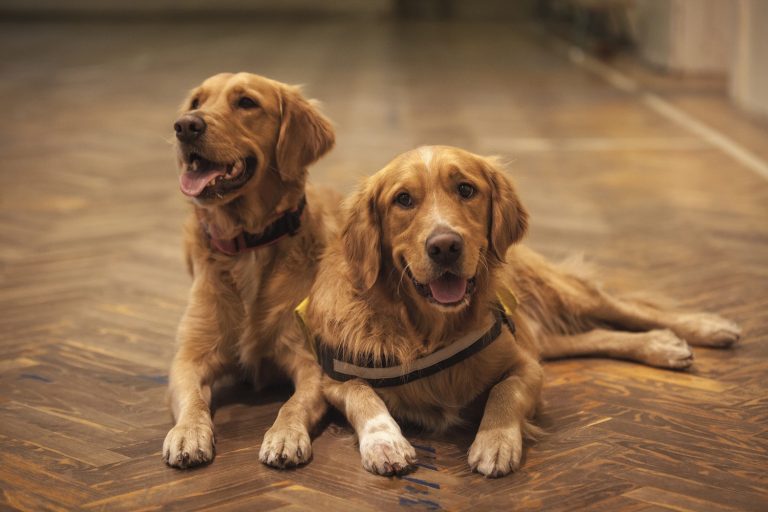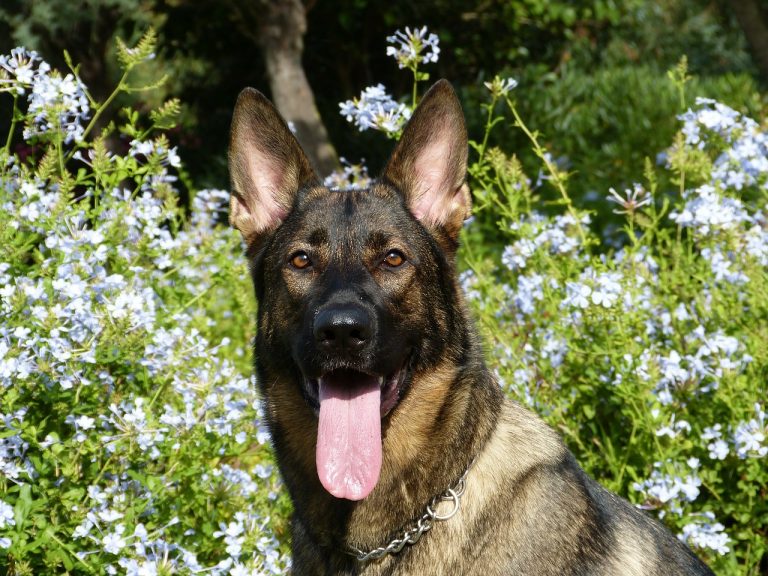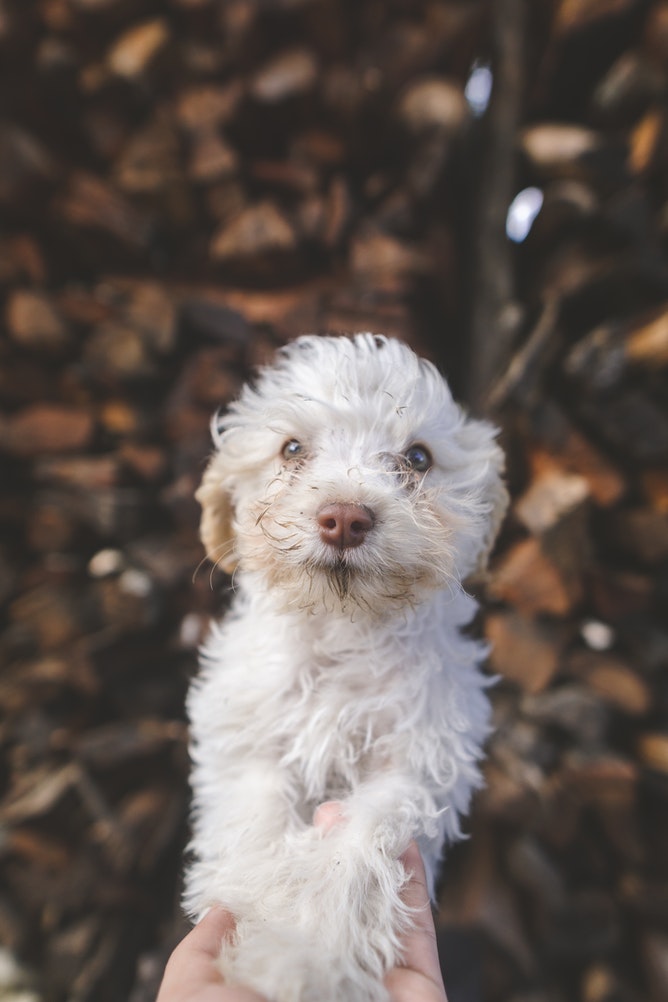The German Shepherd is smart, loyal and energetic: a true working dog with a big heart for the family. In this guide you will read about what makes the breed so special - from character and upbringing to health, exercise and daily care.
Race in brief
Medium to large, athletically built and very inquisitive. Common colors are black with brown, red or gold. Thanks to their alertness and trainability, they excel in sports, tracking and assistance dog tasks.
Character & family
German Shepherds are loyal, protective and people-oriented. With early socialization and consistent, positive training, they usually make great family dogs. Teach children proper handling and guard calm moments. [link to article on topic]
Training and mental challenge
Short, varied sessions with rewards (food/play) work best. Combine basic obedience with brain work: tracking, puzzles, detection games and obedience sports. Don't forget relaxation: balance between work and rest prevents over-stimulation.

Care & Coat
The double coat sheds seasonally. Weekly (and more often during moulting) brushing helps remove loose hair and keep skin healthy. Check nails, teeth and ears regularly. [link to article on topic]
Exercise & activities
Allow for 1.5-2 hours of exercise per day, divided between walks, play and sniffing. Activity tips: tracking/tracking, obedience, canicross and balance training. Build up exertion in doses in young dogs.
Health & concerns
Watch for hip and elbow dysplasia, back problems and possible allergies. Choose responsible breeding lines, maintain a lean body weight and schedule annual vet checks. Targeted muscle building (e.g., swimming) supports joints.
Nutrition & life stage
Match nutrition to age and activity. High quality protein, adequate omega-3 and controlled calcium/phosphorus ratio in puppies. Introduce new feeds gradually and monitor digestion. [link to article on topic]
Looking for reliable help during work or vacation? Book a dog sitter that fits your German Shepherd's energy level.









